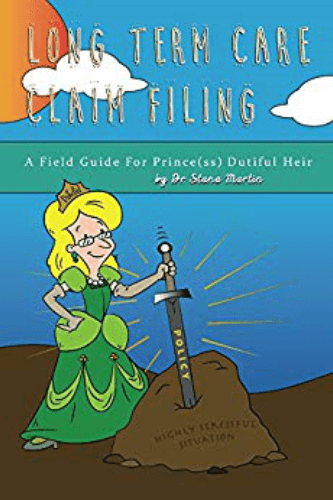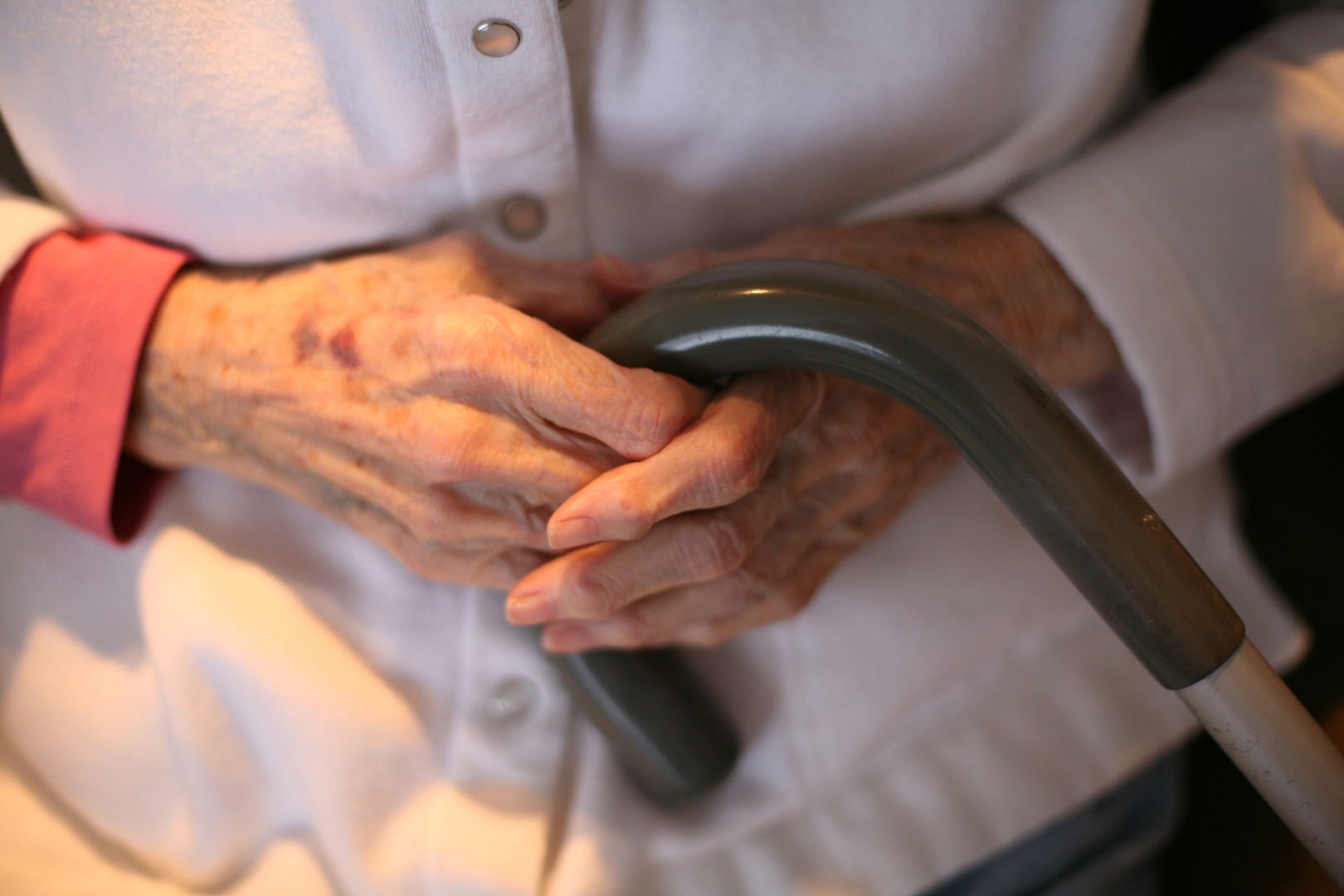If you have found your way to this section of our website, chances are you have had the frustrating experience of attempting a claim for benefits for long term care and – after a long and wrangling process! – you are now holding a denial letter.
My good news is that this is winnable – usually. Not always. To overturn a denial, you have to appeal the decision. Appealing a long term care denial is not a simple matter, however, of asking them to look at this again because this person really needs care. That is out emotions responding – we love someone and we can see how fragile they have become and we are frustrated with the insurance company altogether for not paying for care they so clearly need. An appeal to simply look again at the documentation the insurance company has in the file is unlikely to result in a different decision. To get the decision to change, you have to provide new information. Specifically, it is information that should match the contract particulars.
- To get a claim approved (or successfully appealed) you have to know two crucial things:
a) What type of care providers will the policy approve, and
b) the medical eligibility definition.
So start by reading the denial letter carefully. Are they approving the care provider but denying the person is medically eligible? Or have they approved them based on medical eligibility, but you have a wrong type of care provider? Or is it both?
Once you know the problem, we can reach for a solution:
- Wrong type of care provider – this is the most annoying one as there is no easy fix. You simply have to shift to a care provider that matches the contract. Facility only policies will never pay for home care – nor vice versa. And if you have an unlicensed care provider and the contract requires a licensed care provider, then you simply have to switch to a care provider that is licensed appropriately.
- Not medically eligible – In a few, rare instances I have met folks who are ‘in care’ but do not meet the medical eligibility requirements in the policy. But most typically the problem is that someone did not adequately document the care the person needs or is getting. A couple of examples may help….
- A) The contract says they require proof that a person is receiving one-on-one help with 2 of the 5 Activities of Daily Living. Those are listed as dressing, transferring, incontinence, toileting and lifting a fork to feed oneself. If the contract says “one-on-one help” they mean hands-on assistance (not stand-by). So you have to make sure the Plan of Care written up by the care provider indicates hands-on assistance with at least 2 of that list. If you have bathing and incontinence, you still aren’t there because that list doesn’t include bathing. It has to be 2 from THAT list.
Newer contracts all says 2 of 6 Activities of Daily Living and do including bathing as one of the 6, but older ones often do not. So if you can get the Plan of Care to state hat level of help clearly, then you can send in an appeal with the revised Plan of Care that shows hands-on help with the 2 from the list, and voila! The claim will probably approve.
To be fair, you are always safer to get a letter from the attending physician stating the same thing as the Plan of Care states. When you have a doc from one office and a nurse from a care provider both saying the same thing, you will win the appeal. - B) The contract says they have to have ‘severe cognitive impairment’ and your denial says they are not yet at ‘severe’ according to physician records. Our solution here is roughly the same. We have to provide new evidence. However, if the physician records they are basing this denial on is the primary care doc, then you will need to step above that in terms of expertise to find someone with more specialization and/or education to state an opposite opinion. The PCP may say ‘he is doing well for an 88 yr old male’, for instance. Well you can hardly get a letter from that same PCP now stating he has severe dementia and requires supervision! So you will have to get a referral to a neurologist or neuro-psych doc for further evaluation. This doc at the next level up will run specific test to determine if there is cognitive loss and if so how severe it is. Once you have the clinical evidence that this person is severe enough to require supervision, then you can request an appeal and include a letter from that doctor stating that in his/her opinion, the claimant cannot be left unsupervised.
Thus, in short, to appeal a denial, you have to have evidence (in writing!) that refutes or overcomes the evidence on which they based their decision to deny benefits. This is as far from emotional a you can get. This is more like a court of law where the quality of your evidence and the credentials of the person attesting to this new evidence matter. In fact the weigh significantly. A neurologist, for instance, will outweigh a general practitioner physician. And neuro-psych doctor has more clout than both of the others. You have to think in terms of evidence, credentials, and what can we get in writing that matches the contract.
This last I put in italics because, remember, they will never approve anything that is not in the contract. You can never get a facility-only to pay for home care no matter how much evidence or credentials you bring to the appeal. You must stick to the terms of the contract – the insurance company certainly will and they have every right to stick to it (and not one iota more).
This is the good news….and the bad. They will honor that contract to the letter – so if you match it to the letter, they will absolutely approve and pay benefits. But if you try to draw outside the contract lines, they will stick to the contract!
We have a do-it-yourself appeal module available to download CLICK HERE. This has templates for physician letters and for the appeal request. It also has detailed instructions so you can generate the documentation you need and win your appeal the first time you attempt an appeal.
Or…you can also book a consultation with us so we can talk you through the process. Whatever you do, don’t give up. There is too much money on the line here to just roll over at the first “no” you get!
Stana Martin, PhD, founded Mrs LTC to provide a top-quality resource for clients and customers who need help with long term care claims or insurance comparisons.
Questions?
Contact - Mrs. LTC
Long Term Care Claims & Insurance
Question about a Claim?
Shopping for coverage?








